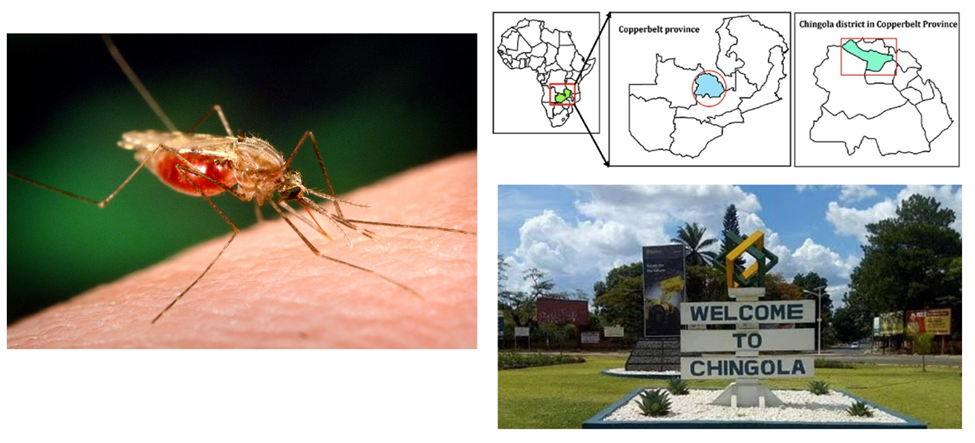Does biodiversity affect malaria transmission risk?
- Tabeth
- Sep 23, 2022
- 2 min read
Well, that was a million-dollar question until this blog was written as I had never thought about it along those lines. If this is new to you too, welcome back! This week we are focusing more on the spillover of malaria and how biodiversity has affected its transmission.
In most cases, climate change and human activities continue to drive several species to extinction. This usually happens when habitats are lost or fragmented. We all know that when that happens, wild animals are likely to get closer to humans while most of them go extinct. According to the dilution effect, when biodiversity decreases, the risk of disease transmission increases. I guess your next question would be, how does that affect malaria? Well, look at it this way: currently, avian malaria which is caused by Plasmodium parasites only infects birds. Well, guess what would happen if birds went extinct? The mosquitoes that bite the birds would have to find a new food source and transmit the parasites along. In my last post, we established how at one point people thought malaria parasites that infected chimpanzees and humans were host-specific and how that is not the case anymore. Additionally, a study conducted in Southeast Asia found that increased exposure of humans to vectors of Plasmodium is associated with the fragmentation of forests from logging, agriculture, and other human activities. The hosts in those forests are macaques. If we lost them, only humans would remain as hosts.

When we reduce biodiversity, we allow parasites and vectors to jump ship and find new ways of surviving, in this case, evolving to suit the new host's environment. Who knows, maybe for the same reasons that chimpanzees can now be infected with P. falciparum, dogs might be the next best host for avian malaria, and then it will be closer to home - humans.
In conclusion, climate change and humans have affected the loss of biodiversity and increased malaria transmission. Not only that, but climate change has also produced a conducive environment (high temperatures and rainfall) that allows an abundance of mosquitoes and parasites to survive. I guess that is one way of nature telling us, "stay in your lane, and I will not bother you."
Stay safe.
Sources
Johnson, C.N., Balmford, A., Brook, B.W., Buettel, J.C., Galetti, M., Guangchun, L. and Wilmshurst, J.M., 2017. Biodiversity losses and conservation responses in the Anthropocene. Science, 356(6335), pp.270-275.
Miranda Paez, A., Chalkowski, K., Zohdy, S. and Willoughby, J.R., 2022. Management of avian malaria in populations of high conservation concern. Parasites & Vectors, 15(1), pp.1-6.


Comments